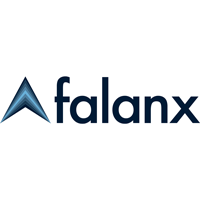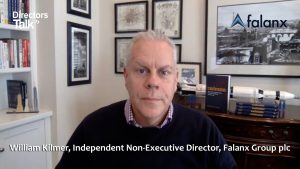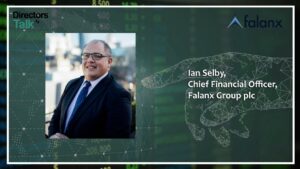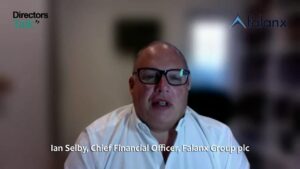Falanx Cyber Security Limited (LON:FCS) protect, defend, and inform businesses in the face of growing political and cyber risks.
Partnering closely with clients, they use their intelligence, vigilance, tools and technology to provide targeted threat prevention to businesses like yours. Whether your need for cyber resilience is rooted in remaining compliant or mitigating risk, their experienced and friendly staff are here to help.
Falanx Cyber Security specialise in
- Managed Detection & Response (MDR)
- Information technology risk
- Vulnerability management
- Penetration testing
- Red teaming
- Cyber security awareness training
- Intrusion detection
- Incident response remediation
- Business and strategic intelligence consulting
- Risk forecasting and analysis

















